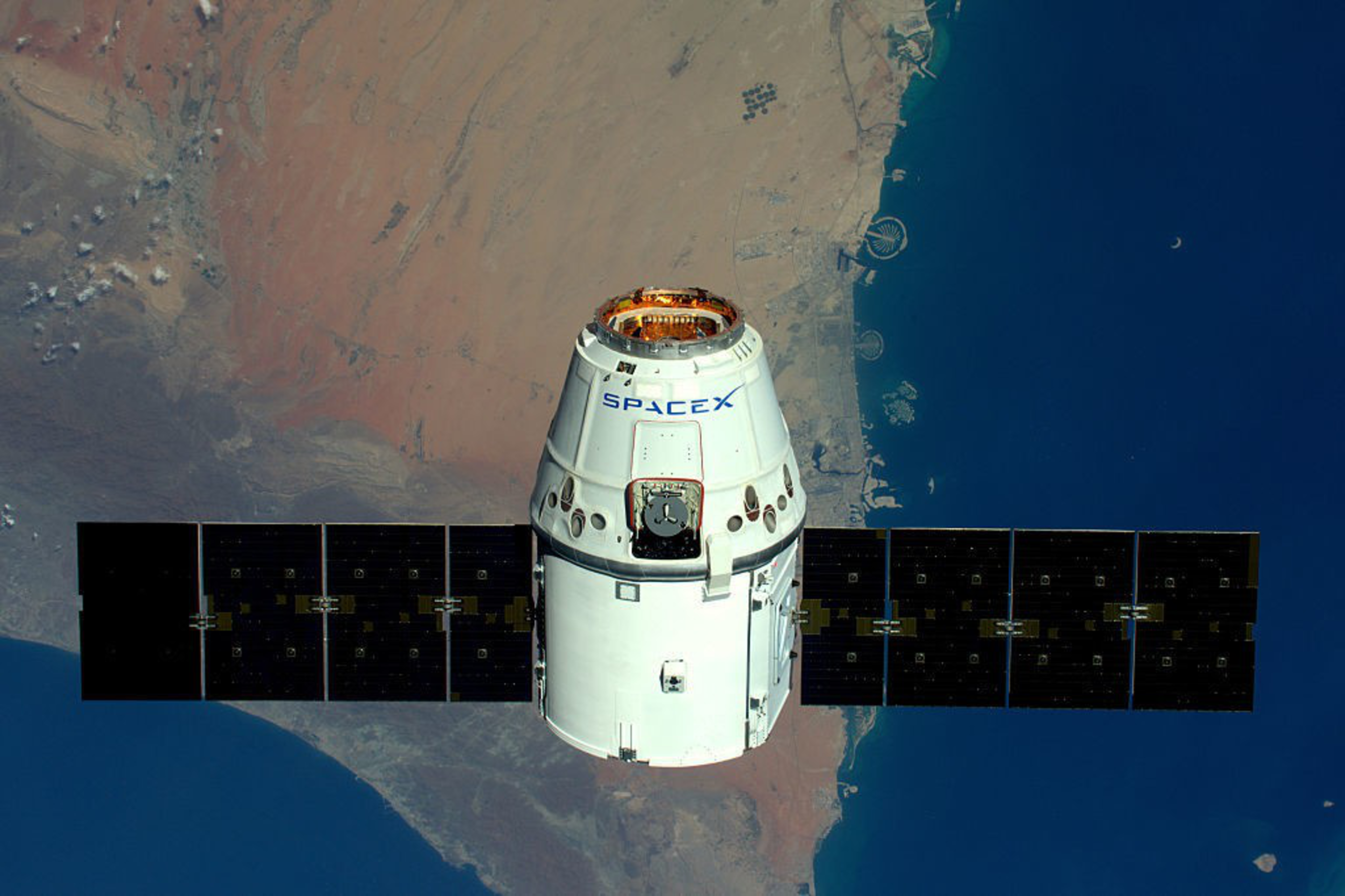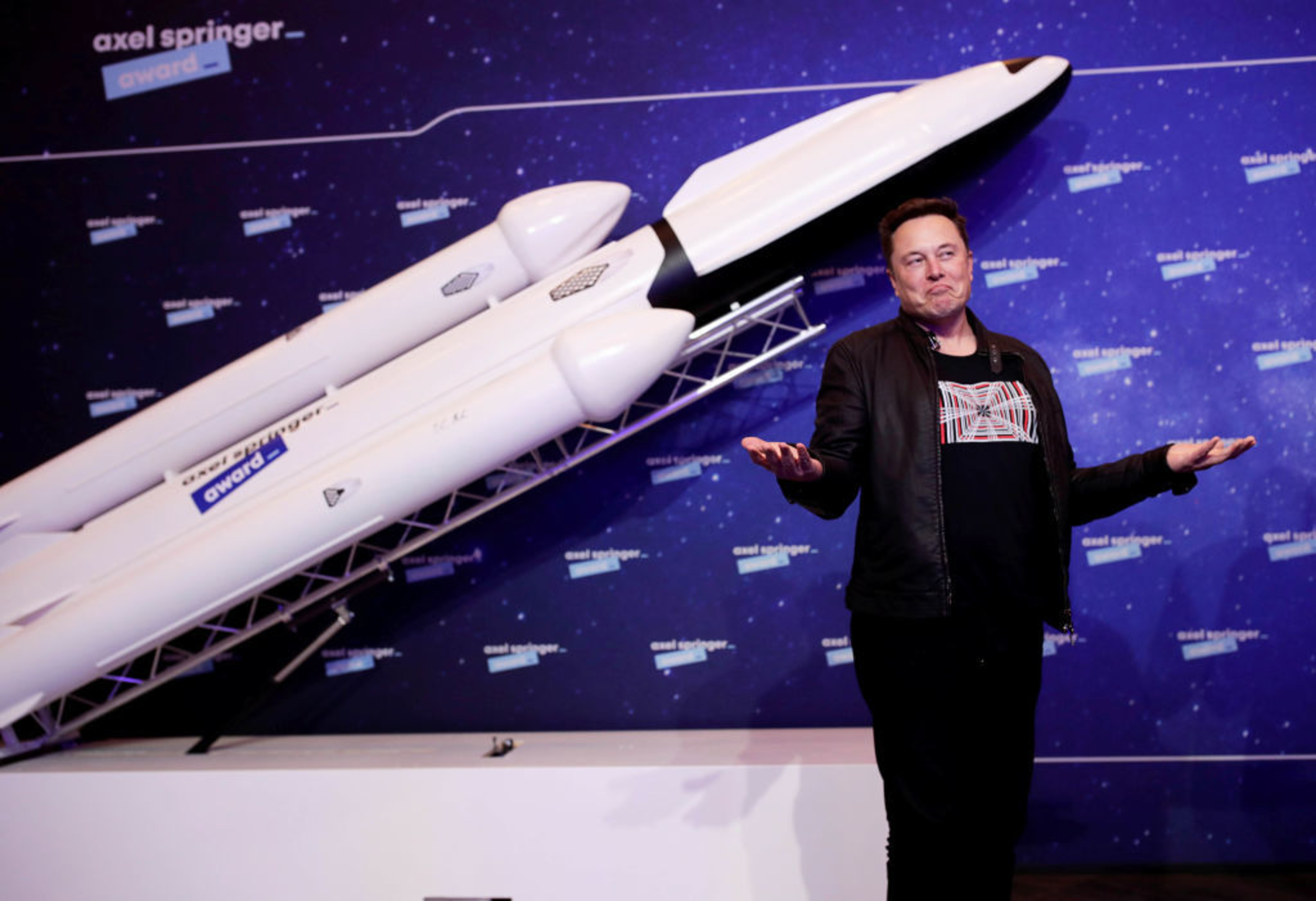Elon Musk is hiring for his space program.
SpaceX seeks two human spaceflight sales directors to find and recruit individuals with enough cash to cover the costs of training to be private astronauts.
Successful candidates with over 10 years of experience in selling multimillion dollar products will be handsomely rewarded with a base salary of $185,000 to $230,000 per year. And that’s before discounted stock options and bonuses.
The job posting appeared on LinkedIn on Wednesday and already had at least 11 applicants on the professional social networking site by 1 p.m. The job’s location is listed as Hawthorne, California, near Los Angeles International Airport, and the position would be “hybrid”—requiring some in-office work, presumably.
ADVERTISEMENT

Beyond recruiting private astronauts, including from companies and research institutions, in both domestic and international markets, sales directors will also sell companies opportunities to use SpaceX ships as party venues.
As for the cost of a ticket to enroll in a spaceflight mission or where it may take you in the cosmos, The Standard asked SpaceX, but the company provided no information.
What is known is that new recruits will fly on Dragon spacecraft initially before moving to Starship crafts, which Musk is betting will one day take people to Mars.
SpaceX has already sold tickets on Starship fly to close to the moon to Japanese billionaire fashion entrepreneur Yusaku Maezawa. He plans to take a 10-person crew of artists with him; they are to travel to within 125 miles of the moon’s surface. Starship, the company says, is “a fully reusable transportation system designed to carry both crew and cargo to Earth orbit, the Moon, Mars and beyond.”
The Dragon spacecraft can carry up to seven passengers to and from Earth orbit, and beyond. It is the only spacecraft currently flying that is capable of returning significant amounts of cargo to Earth and is the first private spacecraft to take humans to the space station, SpaceX’s website states.

In August last year, Virgin Galactic finally launched its first paying customers into space, who initially bought tickets in 2005 for $200,000. Currently, Virgin Galactic tickets are listed at $450,000 per trip. Galactic customers have to complete training and pass a medical test.
Last month, Axiom Space, a Houston-based company that holds contracts with SpaceX to get to and from the International Space Station, sent a four-man crew to the orbital laboratory—three of whom were paying passengers.
Tickets for a 10-day trip to the space station are a whopping $55 million and include a stay on the ISS, transportation to and from the station, and a 15-week astronaut training program, according to a 2018 article from Space.com.
Axiom plans to launch four new “commercial modules” for paying customers to be attached to the ISS in 2026, according to NASA. Once the space station is retired around 2030, the Axiom Commercial Segment will detach and become an independent, commercially operated space station, dubbed Axiom Station.
